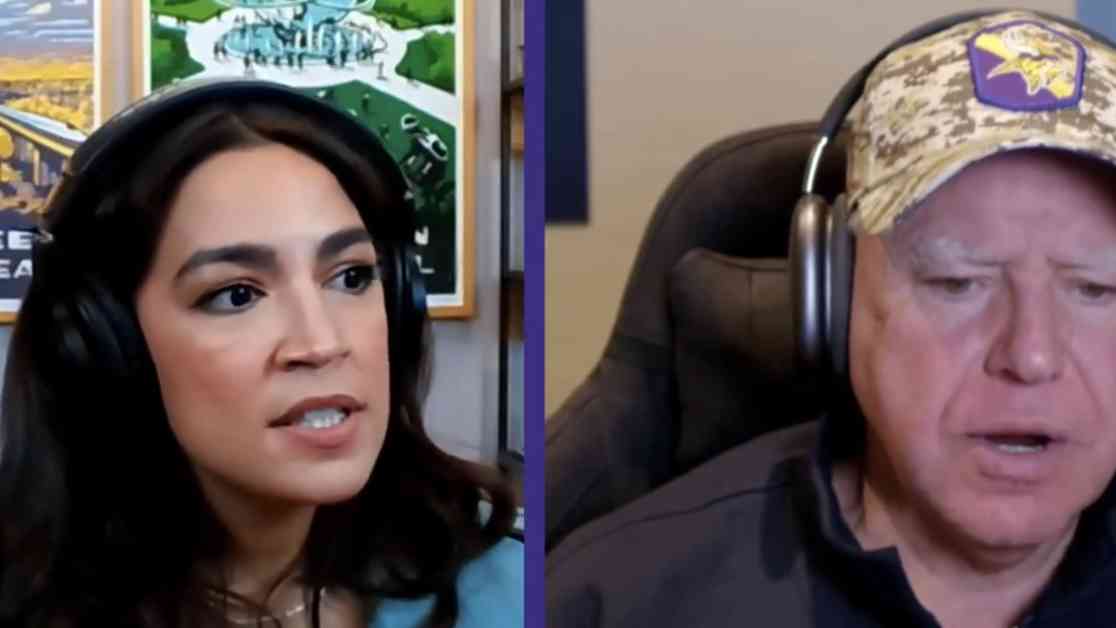Comedian Tony Hinchcliffe faced intense criticism after making controversial jokes at a Trump rally in New York City. His remarks, which mocked Latino and Puerto Rican communities, quickly went viral on social media. Hinchcliffe referred to Puerto Rico as a “floating island of garbage,” drawing backlash from both Democrats and Republicans for being insensitive and offensive.
Following the incident, Minnesota Governor Tim Walz and Congresswoman Alexandria Ocasio-Cortez spoke out against Hinchcliffe’s jokes during a livestream. Walz questioned the appropriateness of targeting U.S. territories and citizens, highlighting the contributions of Puerto Ricans to the U.S. military. Ocasio-Cortez also condemned the comments, urging Latinos to consider how such jokes perpetuate negative stereotypes.
In response to the backlash, Hinchcliffe defended his set on social media, claiming that his jokes were taken out of context and criticizing those who did not find them humorous. He insisted that he has a fondness for Puerto Rico, where he vacations frequently. Additionally, he dismissed the outrage as an attempt to censor comedic expression, suggesting that Governor Walz should “change his tampon.”
The controversy surrounding Hinchcliffe’s remarks sheds light on a growing trend of conservative values resonating with Latino voters, particularly evangelical Protestants. This shift in political alignment could have significant implications for the 2024 election, especially in battleground states like Texas and Florida where Latino voters play a crucial role.
While some Republicans supported Hinchcliffe’s right to free speech, others, such as Florida Senator Rick Scott, denounced the jokes as disrespectful and harmful. Scott emphasized the contributions of Puerto Ricans to American society and called for a more respectful approach to political discourse, recognizing Puerto Ricans as valuable members of the community.
The increasing support for conservative platforms among Latino voters poses a challenge for Democrats, particularly Vice President Kamala Harris, who relies on Latino support in key battleground states. As Latino voters prioritize issues like faith, family values, and economic opportunity—themes often highlighted in Republican campaigns—the Democratic Party may struggle to secure the Latino vote in the upcoming election, potentially influencing the outcome in 2024.













